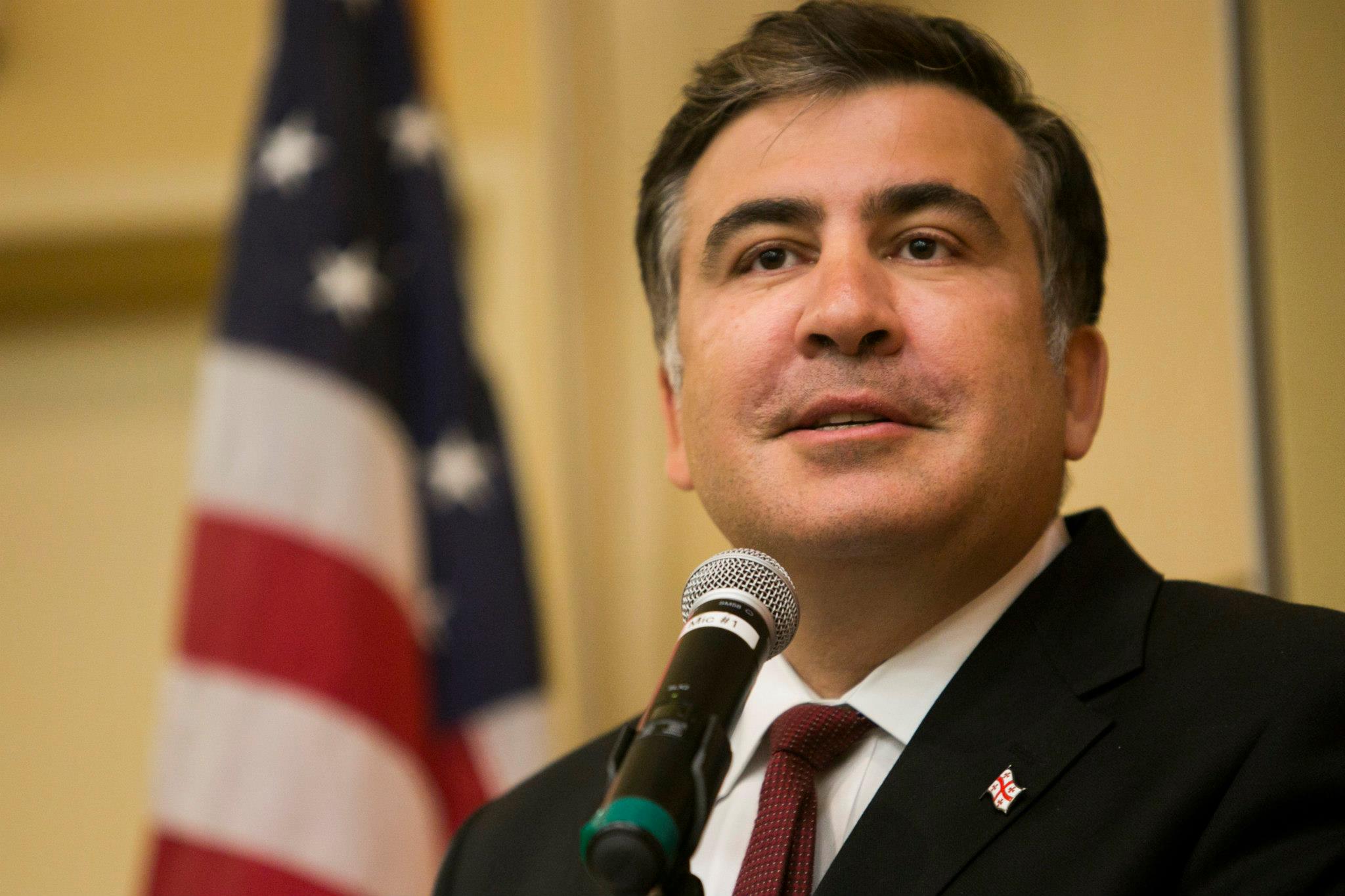The State Inspector’s Service (SIS), a body authorized to monitor personal data protection and probe abuse of power, stated today it has found that Justice Ministry and its Special Penitentiary Service violated Georgia’s personal data protection law by releasing several controversial footages of jailed ex-President Mikheil Saakashvili.
The agency fined Justice Minister GEL 500 (USD 161) and the Special Penitentiary Service GEL 2,000 (USD 644) for violation of principles of data processing, under Article 44 of the Law on Personal Data Protection. The Penitentiary Service received a higher fine, having already received a penalty for violating the same article over the course of the year.
The State Inspector’s Service has also instructed Justice Ministry and the Penitentiary to delete footage of Mikheil Saakashvili’s personal data from Facebook and their official websites.
According to the statement, the Special Penitentiary Service and the Justice Ministry justified disclosing Saakashvili’s personal data with high public interest, arguing that misinformation was spread about the ex-President’s condition and health.
According to the statement, the State Inspector considered the November 11 airing explicit footage showing penitentiary employees drag Saakashvili against his will into the Gldani prison to constitute handling data in a manner that is degrading to the person depicted.
As for the footage featuring Saakashvili in the ambulance car, just ahead of being dragged out, the State Inspector said releasing the video was not a proportionate and adequate means for the Special Penitentiary Service to achieve its stated goal of satisfying public interest.
The Inspector’s Service also slammed the November 8 footage depicting Saakashvili packing his belongings and leaving the Rustavi prison to be transferred to the hospital. It stressed that while the authorities argued airing the video served to demonstrate that Saakashvili had left the prison voluntarily, subsequent footage of the transfer proved the contrary.
The agency also held the Special Penitentiary Service and the Justice Ministry liable for releasing on November 6 photos of food supplements then-hunger-striking Saakashvili received as part of his treatment and video footage of the ex-President consuming the said supplements.
It added that the Ministry and the Penitentiary also created a misconception in the public about Saakashvili’s hunger strike being fake, by arguing with the footage that he had consumed food. This also violated the dignity of the hunger-striking inmate, according to the Inspector’s Service.
“The dissemination of such information about the patient, on the one hand, endangers the health of the hunger-striking prisoner and, on the other hand, creates mistrust between the patient and the medical worker,” highlighted the State Inspector.
The agency added that Special Penitentiary Service also unlawfully released information on October 8 about food products Saakashvili purchased in the shop at the prison. The Inspector suspected that the Penitentiary Service could not ensure the confidentiality of this information either, as statements made by Georgian Dream officials coincided with the contents of the data even before its release.
However, the State Inspector’s Service noted that the Penitentiary Service lawfully released information about Saakashvili’s vital signs on October 10, to inform the public amid reports of the ex-President’s deteriorating health.
The State Inspector had previously warned that the personal data of ex-President should be shared to a minimal extent, for a “clearly defined legal purpose” and without threatening the person’s dignity.
The agency is also probing into the possible inhuman treatment of the ex-President during his forced transfer to the penitentiary clinic.
Also Read:
